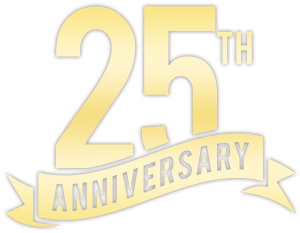You were involved in a motor vehicle accident and the police arrived on scene. Maybe John Doe was cited for careless driving. Perhaps the officer wrote in the report that John Doe admitted he rear-ended you, the innocent party, while he was looking down at the radio trying to change the station. Parties involved in a motor vehicle accident are required to give their information to the responding police officer.
An innocent victim may have to pursue litigation to recover for injuries and damages sustained from the motor vehicle accident. This victim might often assume the police report, which very well may be favorable to them, is admissible into evidence in court. It’s typically not (although some exceptions may apply).
According to Florida Statute §316.066(3)(a)(4), “…each crash report made by a person involved in a crash and any statement made by such person to a law enforcement officer for the purpose of completing a crash report required by this section shall be without prejudice to the individual so reporting. Such report or statement may not be used as evidence in any trial…” One reason for this accident report privilege is to encourage people involved in an accident to give information to the police freely and honestly.
Although there seems to be some “saving grace” by the court allowing the responding officer to testify at the trial in the matter, this often does not help a plaintiff or the innocent victim. Litigation can be a lengthy process, and the reporting officer may respond to hundreds of calls within the time frame of the crash and the trial. Thus, the reporting officer may not remember the specific instance they are called into court to testify about, causing them to lose credibility as a witness in front of a jury.
So what can you do? Although Florida law and the rules of evidence fail allow into evidence a favorable crash report, the rules of evidence do allow statements made by a party to the lawsuit to be admitted into evidence. Try to obtain the statement from the at-fault driver of the vehicle involved in the crash and be sure to give it to your attorney. You can also try to photograph the scene of the crash, because the photographs may help you in explaining your case and showing how you are not at fault. Examples of relevant photos to take include those of any and all skid marks, traffic signs, and damage to the vehicles.
Do not let the accident report privilege deter you from inquiring into your rights after a crash. Sometimes, an at-fault party can admit their liability or the court can even order that the at-fault party was liable for the crash. Also, even if you were cited, do not let this deter you from asking questions to a knowledgeable attorney who can answer your inquiries of whether or not you have a case. Call Dennis Hernandez & Associates, P.A. today to present your case to an experienced and aggressive attorney.






